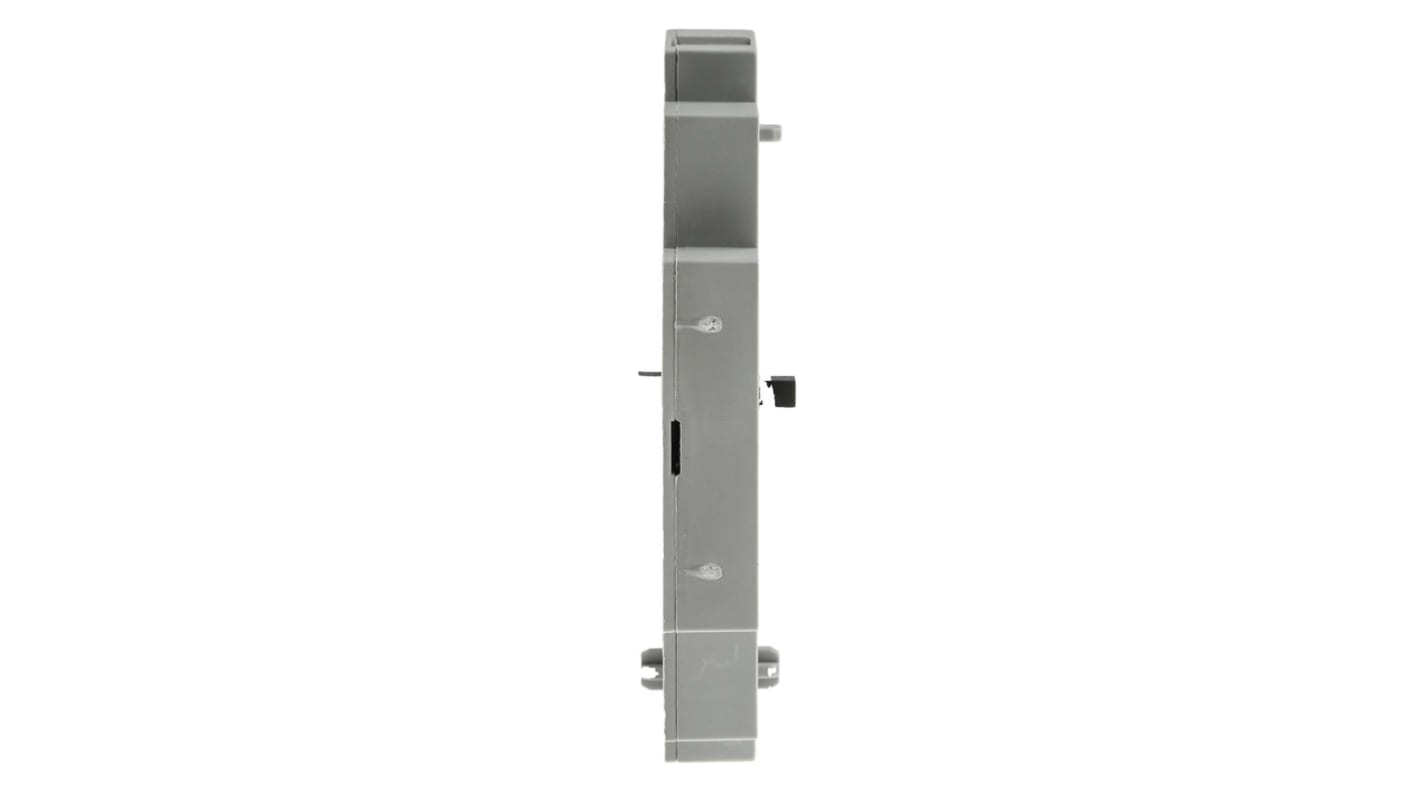Allen Bradley Mechanical Interlock for use with 100C Series
- RS Stock No.:
- 238-1143
- Mfr. Part No.:
- 100-MCA02
- Brand:
- Allen Bradley

Subtotal (1 unit)*
£28.56
(exc. VAT)
£34.27
(inc. VAT)
FREE delivery for orders over £50.00
Temporarily out of stock
- 23 unit(s) shipping from 16 February 2026
Need more? Click ‘Check delivery dates’ to find extra stock and lead times.
Units | Per unit |
|---|---|
| 1 + | £28.56 |
*price indicative
- RS Stock No.:
- 238-1143
- Mfr. Part No.:
- 100-MCA02
- Brand:
- Allen Bradley
Specifications
Technical Reference
Legislation and Compliance
Product Details
Find similar products by selecting one or more attributes.
Select all | Attribute | Value |
|---|---|---|
| Brand | Allen Bradley | |
| Accessory Type | Mechanical Interlock | |
| For Use With | 100C Series | |
| Contact Configuration | DPST | |
| Series | 100M | |
| Select all | ||
|---|---|---|
Brand Allen Bradley | ||
Accessory Type Mechanical Interlock | ||
For Use With 100C Series | ||
Contact Configuration DPST | ||
Series 100M | ||
RoHS Status: Exempt
- COO (Country of Origin):
- IT
MCS Mechanical Interlocks
These may be used with either contactor modules (100-C Series) or control relay modules (700-CF Series)
The interlock may be used on any size of modules and can be used to link two different size modules
The interlock may be used on any size of modules and can be used to link two different size modules
Allen Bradley Contactor Interlock For Use With 100C Series, 9mm - 100-MCA02
Expand your contactor circuits with this high-quality mechanical interlock from Rockwell Automation's Allen Bradley range. It can be used to connect two contactors in such a way that only one is on at a time, even when you turn it on manually. This component comes with two auxiliary normally closed (NC) contacts on the forward and reverse contactors. This is ideal for use with motor starters, as it prevents the reverse contactor from being accidentally energised when the motor's running forward.
• Can be mounted in either a horizontal or vertical position• Slim design for efficient packing• 9mm connection piece for easy installation• Finger-safe terminals prevent electric shocks
Standards and Certifications
• RoHS (Restriction of Hazardous Substances)• IEC (International Electrotechnical Commission)• CSA (Canadian Standards Association)• CE (Conformité Européenne)
Why do I need to interlock my contactors?
It's important to interlock contactors because it protects your motors from damage. If the contactors aren't interlocked, they may actuate simultaneously, causing both the forward and reverse motors to start at the same time and act against each other.
